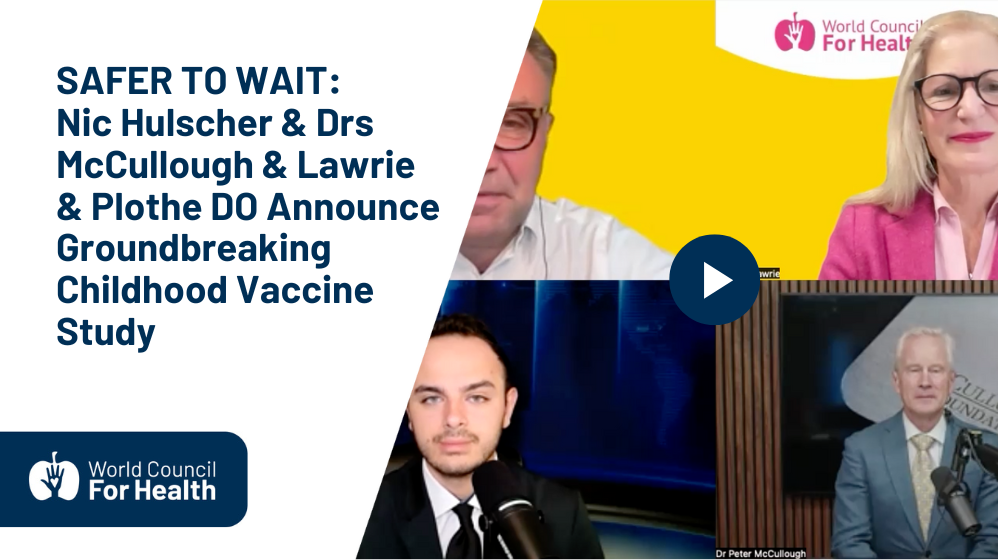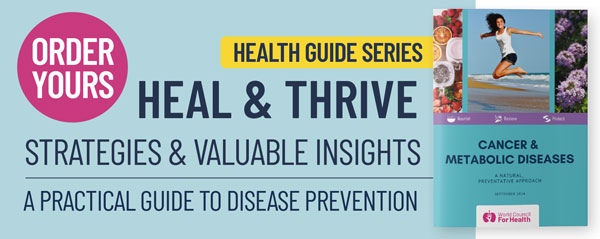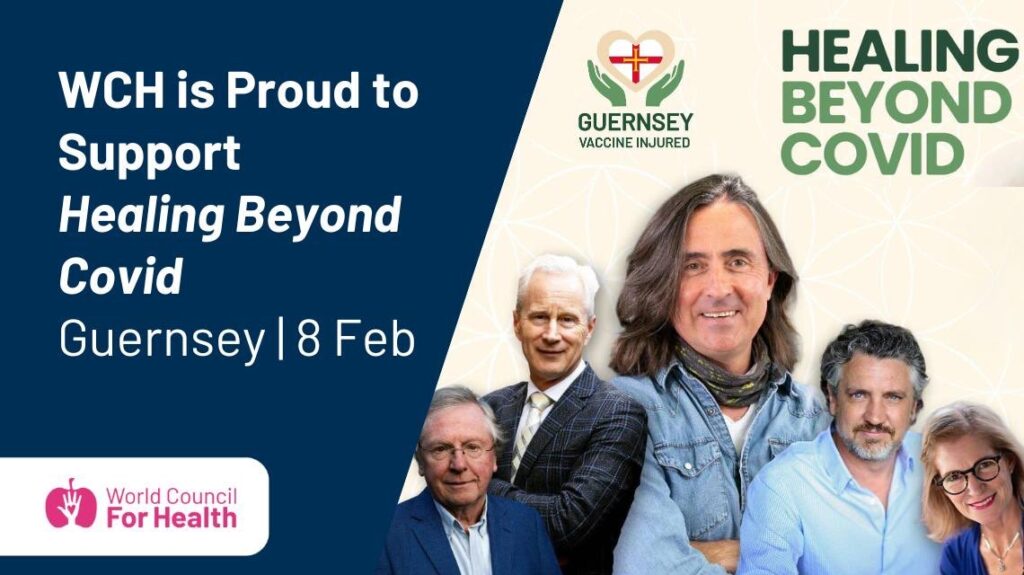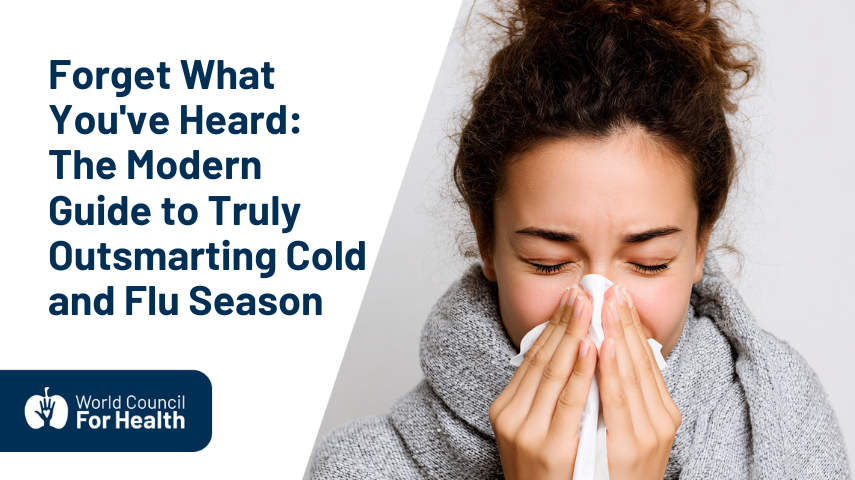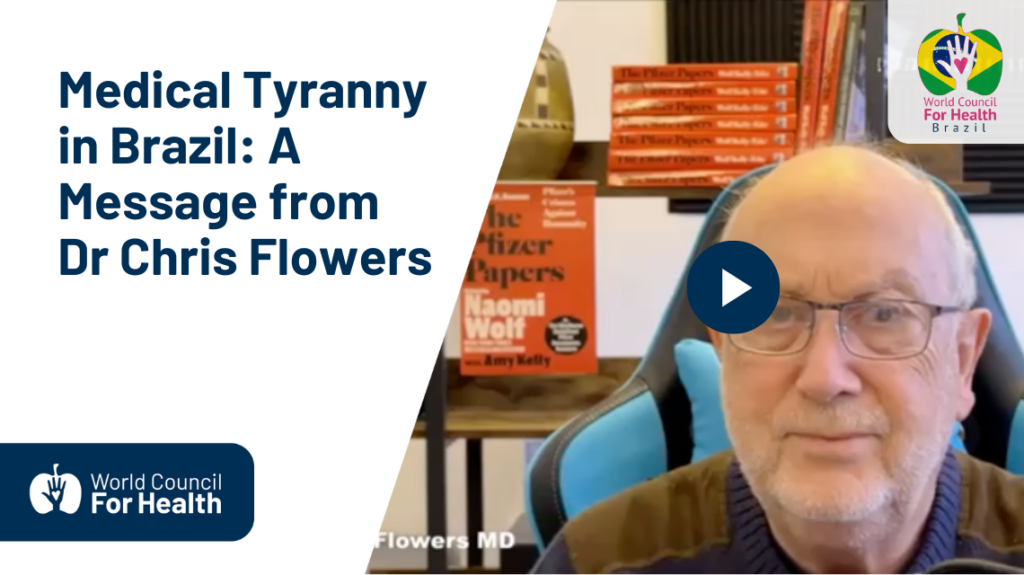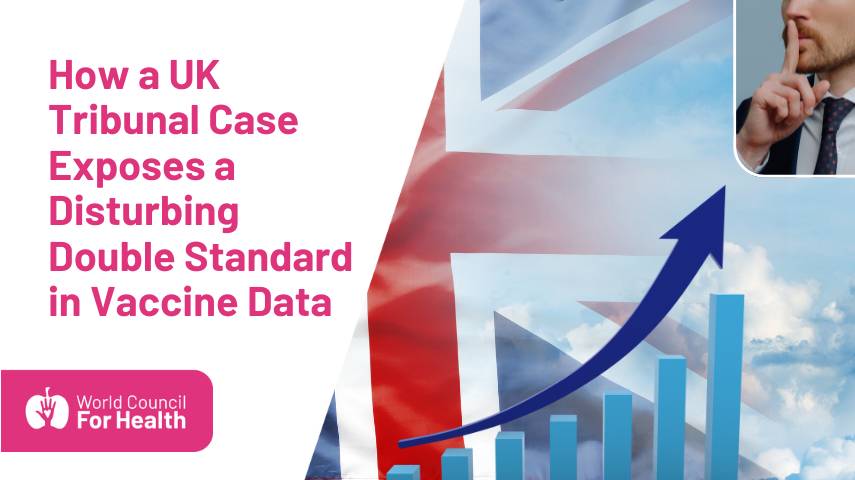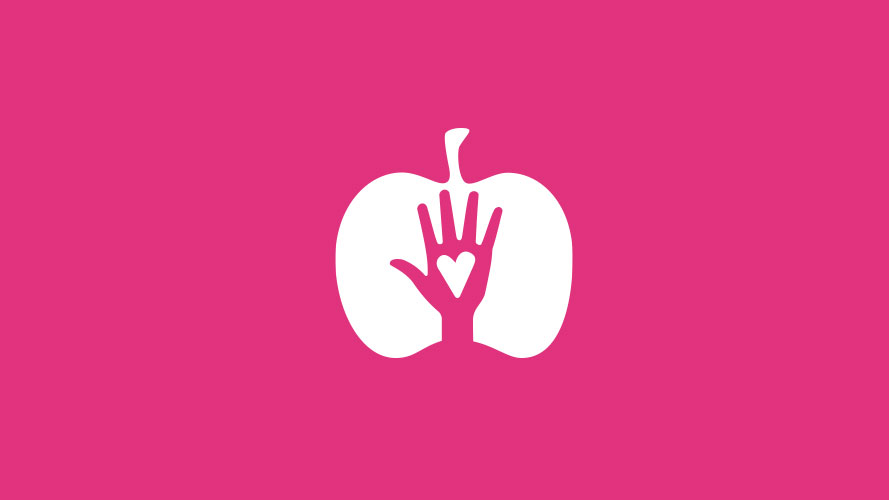World Council for Health interviewed Dr Peter McCullough and Nic Hulscher to explore their new study which highlights shocking safety signals – urgent action must be taken to protect our children.
Dr Tess Lawrie and Christof Plothe DO of World Council for Health interviewed Dr Peter McCullough and Nic Hulscher to explore their new study which highlights statistically significant safety signals in the US current childhood vaccination programme and they arrive at a shocking conclusion: the current one-size-fits-all childhood schedule is untenable. Watch the video below…
We’ve all heard the mantra, repeated like a sacred oath for decades: “Vaccines are safe and effective.” For most of modern history, that statement was met with near-universal acceptance, but in the last five years, something in the public consciousness has fractured. Trust has eroded and at the centre of this storm lies one of the most persistent, controversial, and emotionally-charged questions in all of public health: the hypothesised link between vaccines and autism.
Major health organisations worldwide have repeatedly stressed there is no causal link. The media echoes this with unwavering certainty. Remember when CNN’s Dr Sanjay Gupta was asked what is causing the breathtaking spike in autism that began shortly after Congress granted vaccine manufacturers liability protection in 1986? His response was a textbook example of the official position: “We don’t know what causes autism, but we know that vaccines do not.”
We’re told the science is settled. The debate is closed. But what if new science demands that we reopen it? Did you know that the last investigation of a potential association was carried out in 2004 and autism numbers are still climbing every year? This is not conjecture, this is a direct report on a groundbreaking new investigation that brings hard data to the most difficult of conversations. The study, led by renowned cardiologist and epidemiologist Dr Peter McCullough and academic statistician Nic Hulscher, employs a powerful case-control methodology to examine a potential trigger for autism in a specific subset of children.
Dr Tess Lawrie and Christof Plothe DO had the opportunity to put the crucial questions to Dr McCullough and Nic Hulscher. Their findings are stark, and their recommendations could, and should, send shockwaves through the public health establishment.
Given that the official narrative is one of absolute certainty, what does your investigation add to this discussion?
“Our investigation moves past broad ecological associations and delves into individual-level data,” explained Nic Hulscher. “We focused on a key, biologically plausible, mechanism of injury, comparing children with autism to matched controls. The results compel us to reconsider the blanket assertion of safety.”
Could you walk us through the key findings of your most recent study? What was the most surprising or significant result to you?
Dr McCullough took the lead here. “The most significant finding was the strength of the association. We observed a clear and statistically significant signal that a specific vaccine-related exposure was substantially more prevalent in the autism cases than in the neurotypical controls. To me, the most surprising aspect was the magnitude of the effect, it was not a small, borderline finding. This is precisely the kind of signal that should have prompted immediate and rigorous investigation by our public health agencies years ago.”
Based on your findings, what are the implications for current vaccine safety protocols and public health policy? What specific actions do you recommend?
“The implications are profound,” stated Dr McCullough. “The current one-size-fits-all childhood schedule, mandated in many states, is untenable in light of this evidence. Our number one recommendation is the immediate suspension of the specific vaccine in question for certain at-risk paediatric subgroups until independent, long-term safety studies can be conducted. Furthermore, we are calling for a complete overhaul of the vaccine safety surveillance system, which has proven itself incapable of detecting even the most glaring signals of harm.”
The conversation has been silenced for too long under the guise of “settled science.” But science is never settled; it is ever-evolving. This new research demands our attention, our scrutiny, and a renewed commitment to transparent, unbiased science that prioritises the health of our children above all else.
Dr McCullough closes with five conclusions for our current system. Watch this important interview and share it widely:
Dr Peter McCullough, Nic Hulscher, Christof Plothe DO and Dr Tess Lawrie discuss the findings of the study
Safer to Wait
In September 2023, World Council for Health called for a common sense approach to childhood vaccines. The number of vaccines given to babies and children has increased dramatically without the necessary due diligence by regulatory authorities. This new study amplifies the message; for parents and caregivers it’s clearly safer to wait.
https://www.worldcouncilforhealth.org/childhood-vaccines/
World Council for Health stands for a better way.
Read the report
McCullough Foundation Report: Determinants of Autism Spectrum Disorder: https://zenodo.org/records/17451259
The McCullough Foundation stands for medical freedom through scientific data and analysis, to support their mission please donate:
